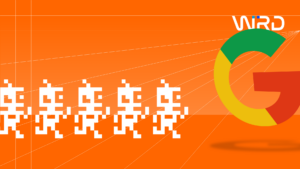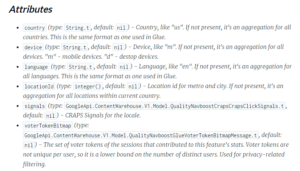The latest algorithm change by Google, unofficially named after the cooing grey and white bird, has changed how local directory listings appear by generating more accurate search results for local businesses.
The guys over at Search Engine Land named the update “Pigeon” because of the bird’s fondness for home (local is where the heart is, after all), after it was announced on 24 July.
So far, the Pigeon is impacting on organic local listings within Google Maps and Google Search, with local directory listings enjoying improved search results on Google than before.
Google is yet to give a reason for this update but many suspect it’s connected to other online directories experiencing a drop in their listings placement following the launch of Google Places in 2012 – is it a coincidence our friend the Pigeon has addressed many of these search issues? Maybe…
However, all this doesn’t mean companies can afford to be complacent about their Google rankings, as individual businesses may still struggle to appear high in the Google listings because directories have stronger search signals.
So what can you do to make sure you benefit from this change? You can stay up-to-date with Google and be active on Google sites including Maps and Google+. You could also use social media to drive traffic to your site, encourage your customers to write reviews on relevant directories and subscribe to local, or industry specific, directories that may deliver increased traffic to your site.
At the moment, the Pigeon update only affects US English results and we wait to hear when other places and languages will get this version.



